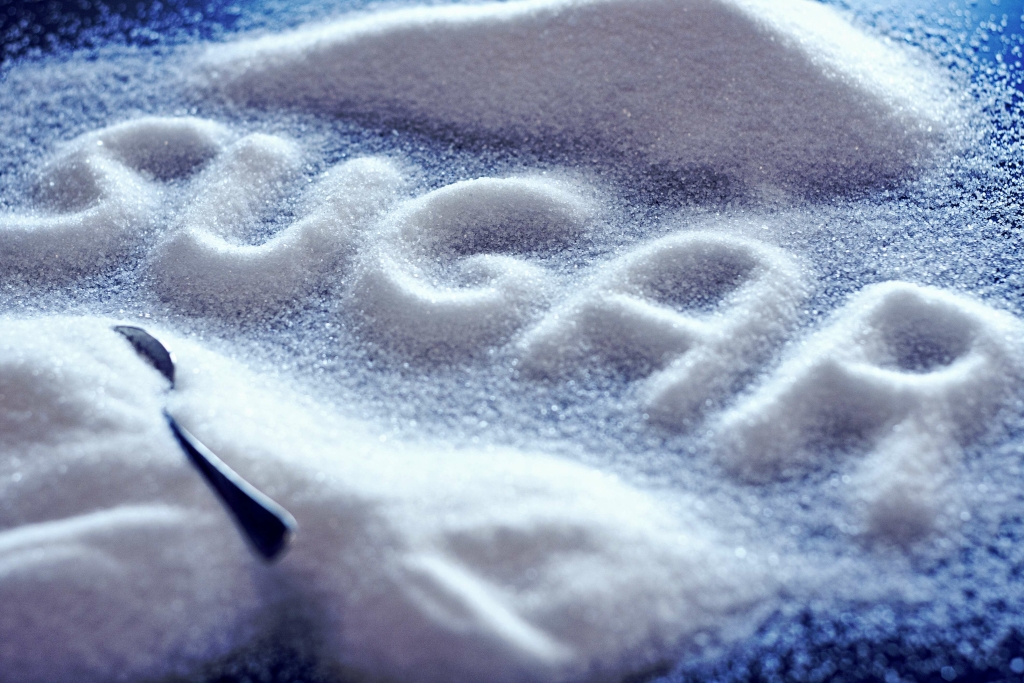Content
All of these changes will start as soon as you check in to the residential treatment facility. You’ll also be meeting the staff, your counselor and the other clients. If you need to get your bearings before you immediately start talking about the subject of shame, you can do that. On the surface, guilt and shame seem to be intertwined as part of the same ball of emotion. This therapy gives clients the tools to cope with life’s problems.

Your child isn’t like that in their heart of hearts. But situationally, they may be because in addiction, shame is so much a part of it, it will be it really is sociopathic. What is the fight, one is to scramble, run, flee that flight, fight or flight, but there’s a third emotion or third response, and that’s a freeze response. I don’t know if in the I figure you have this in Indiana, we certainly I grew up in Central California. When I grew up as a kid, I lived in rural Central California, I’d wake up in the morning, and there’d be more than a few dead possums on the road, which was disturbing. Well, it took me a while it probably asked about it is that possums what possums do when they see something that’s threatening their survival.
How To Deal With The Shame And Guilt In Addiction Recovery
If you guilt and shame in recovery feel very good about yourself and are looking for a way to take those feelings away , you may be drawn to drugs or alcohol. Many people who struggle with addiction feel a lot of guilt and shame over their use. A new study published in PLOS One suggests that independent of depression, this shame and guilt can be significant barriers to reducing drug use, which has considerations for recovery. We often think of guilt and shame as negative emotions, and they often are. They can prevent a person from getting the help they need to overcome addiction. They also can lower a person’s self-esteem to the point that they fail, or relapse, while in treatment. Despite all efforts to improve habits, behaviors, and overall quality of life, guilt and shame may continue to haunt and creep into people’s lives.
Coping with earthquake trauma: Take a break from the news, seek help – TRT World
Coping with earthquake trauma: Take a break from the news, seek help.
Posted: Tue, 14 Feb 2023 14:16:01 GMT [source]
The Ranch Pennsylvania is here to help you successfully navigate guilt and shame in addiction recovery. The struggle to recover from addiction is a lifelong process. Everything a person does while addicted to drugs or alcohol seems like something in another life. It is hard to reconcile this was the same person who did those things that are now recovering their life on the other side. Dependence on a substance means a person may do whatever possible to go after that substance to satisfy their craving.
The Key Differences Between Guilt & Shame
People suffering from mental disorders, such as depression, schizophrenia or trauma, will consume drugs or alcohol to numb the pain of the disorder. After a while however, the user discovers that drug addiction makes the mental disorder much worse. So now, the tormented mind must battle their mental disorder plus addiction. Shame is a feeling that reflects how we feel about ourselves, while guilt is our awareness about how our actions have affected someone else.
What is the root of shame?
The origins of shame can almost always be tied back to past experiences of feeling judged, criticized, or rejected by someone else. People often respond to shame by pushing away others, withdrawing, and working to preserve their reputation by hiding the aspects of themselves they feel will lead to rejection.
While the actual abuser was someone else, the victim may feel shame for not defending themselves or for not ending the abuse properly or quickly enough. Shame can lead to self-punishment, where a person engages in self-destructive behaviors because they feel as if they deserve to be punished.
Tips for Overcoming the Guilt and Shame of Addiction: Sobriety, Relapse and Recovery
However, there are https://ecosoberhouse.com/y ways to manage guilt in addiction recovery that can benefit anyone. The study design was a randomized controlled trial. Subjects completed an assessment and then were reassessed at 3, 6, 12, and 15 months. Participants completed measures on demographics, health status, substance use, negative self-conscious emotion, positive emotion, and depressive symptoms.
Is shame a trauma response?
Hence, shame has recently come to be identified in the trauma literature as part of a constellation of negative emotions (along with fear, horror, anger, guilt) that are common for trauma survivors in post-trauma states.
Addiction can happen to anyone, and having an addiction doesn’t make you a bad person. While you may have said or done things throughout your addiction that could have caused harm to your loved ones, there are ways you can make amends and improve your relationships. The first step is seeking treatment for your addiction so you can make meaningful improvements to your mental and physical health. Surround yourself with supportive people who understand what you’re going through and want to help you move forward instead of dwelling on your past.
